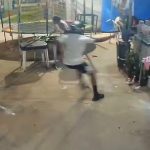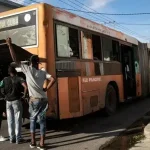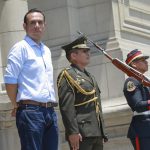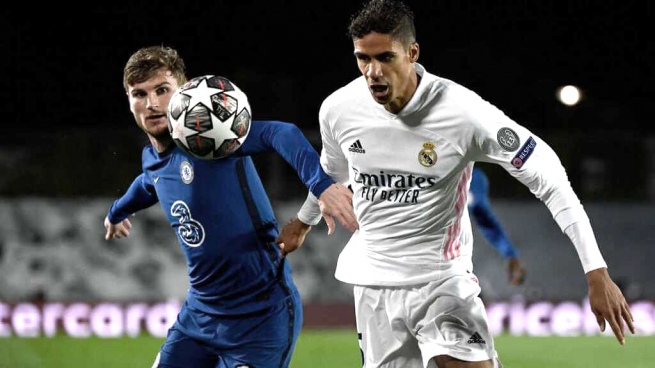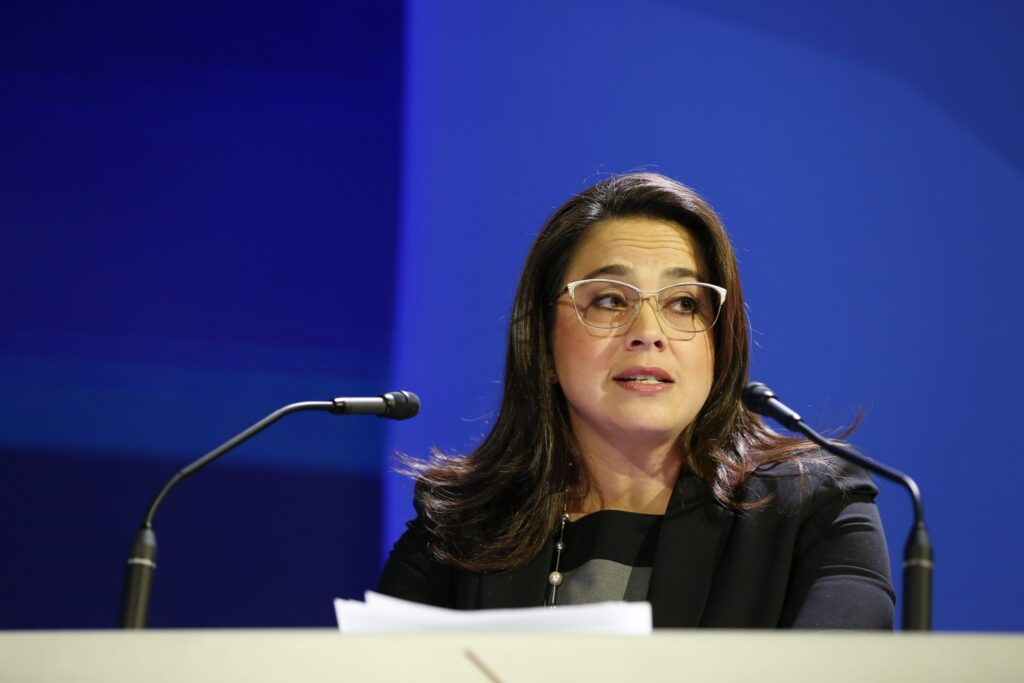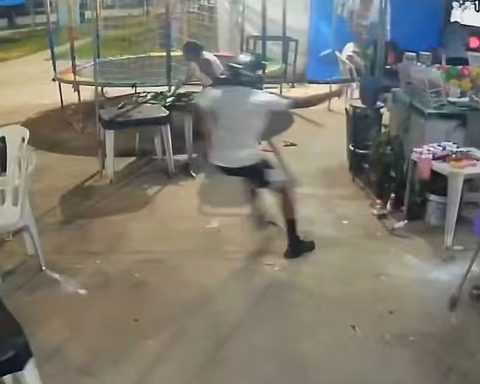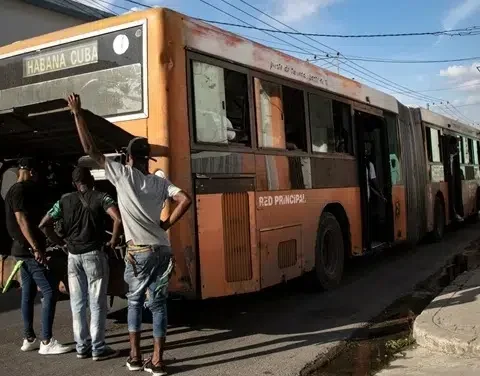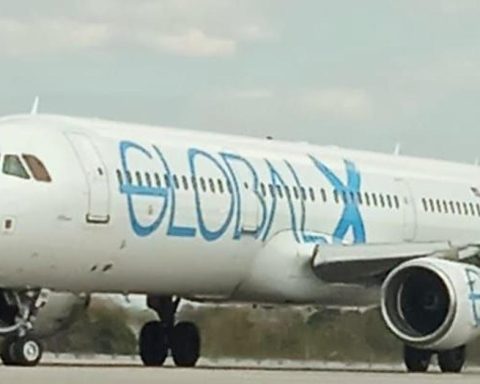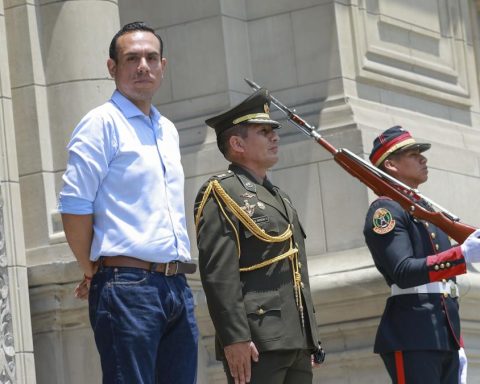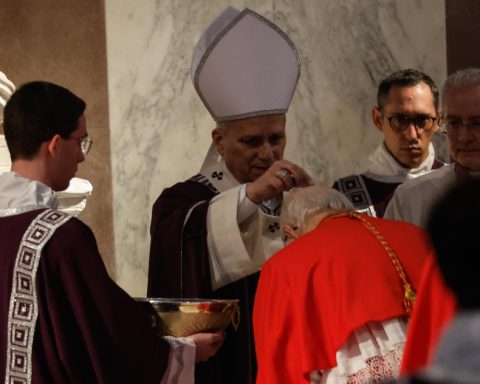Honduras will undertake “surgical work” to extirpate drug trafficking from the state apparatus, an evil that filtered through the upper echelons of power and even reached the presidency of the Republic, assures the Minister of Security, Ramón Sabillón.
Sabillón was the one who, in 2014, as head of the Police, dismantled the Valle Valle clan in a stealthy operation, “a powerful cartel, which permeated the structures of the State.”
But he did not alert the then recently inaugurated president Juan Orlando Hernández of the plan, he tells AFP in an interview. “Fortunately, it was a healthy, clean operation, a very well designed strategy,” he maintains.
Capos Carlos “el Negro” Lobo and Héctor Emilio Fernández, alias “Don H”, also fell. After these events, “I was banished from the country with a death threat,” says Sabillón.
Hernández “removed my position and practically forced me into a situation (…) either I save my life or I keep my police career; I preferred my life.”
But, after the victory of Xiomara Castro – who assumed the presidency on January 27 – Sabillón was summoned to assume the Ministry of Security.
“Because of those twists and turns of life,” he says, one of his first tasks was to execute the arrest warrant against today’s former president Hernández, who is awaiting extradition to the United States in a prison to stand trial for having trafficked some 500 tons of cocaine to this country. country, since 2004.
In the United States, his brother, former deputy “Tony” Hernández, is already serving a life sentence for drug trafficking, while former police chief “El Tigre” Bonilla, identified as an accomplice of both, is imprisoned in Tegucigalpa and also with tickets to North America.
– Dismantle the “narco-state” –
Q: For the New York prosecutors who see the Hernández case, a narco-state was installed in Honduras. How to do to disassemble it? Will there be capacity?
A: Yes we are at capacity. There is a shortage of resources but with this institutional redesign [con Xiomara Castro] in the strategy against organized crime (…) we have applied procedures that are and have been assertive.
When organized crime becomes embedded in the State, it becomes a mafia, because it holds public power. So it’s a surgical job that needs to be done. From the democratic path, recovering public institutions, and from the application of the law, with strong processes. And a third preventive process would be education, so that these institutions are not contaminated.
Q: What does the extradition of former President Hernández mean for the country?
A: A president requested in extradition, we applied the extradition agreement, we enforced it, we enforced it. he is giving [el mensaje] to the point that we want, as a society, that justice is applied.
The important thing is that it is ongoing and that sends a strong message to the entire population, to those who aspire to public office, that the State will not tolerate these situations and neither, therefore, that our institutions serve other States to contaminate themselves. It is a struggle that affects other peoples of the world.
Q: How many are in the process of extradition?
A: We are talking about more or less 40 that are in extradition processes, investigative processes I mean [no detenidos aún, sino pedidos por Estados Unidos, ndlr].
– From bridge to producer –
Q: Did Honduras stop being a cocaine transport bridge to become a manufacturer?
A: Obviously [se convirtió en productor]. There are the photographs, the eradication of coca plantations and the laboratories. Three, I think, or four disassembled this year.
The cartels want to be semi-autonomous [con cultivos en Honduras]in the sense of not depending on the point of origin [en Sudamérica] and respond with greater amount of profits to the port of destination, to the large international consumer markets.
– Links with ‘”Chapo” –
Q: Was ‘Chapo’ Guzmán connected to the former president?
A: That’s what the trials say [en Nueva York]the other investigative essentials that we had also informed us [esa posibilidad]. But what could an institution do [la Policía que él dirigía en 2014] when the pinnacle of the country is involved [en narcotráfico]. The thread breaks at the weakest point, and it broke at mine. They removed the director of the Police.
Q: What does it mean for you to come back?
A: The structure of the State was permeated and an official from below, from the first echelon of justice (he from the Police, ndlr) could not choose to dismantle the maximum of the State, in this case the Executive. So, for me it represents a work of justice and a success.
Arriving here and crystallizing the dismantling of a strong structure (…) This for me is the World Cup, like winning the Cup in a professional sense, not a personal one.
